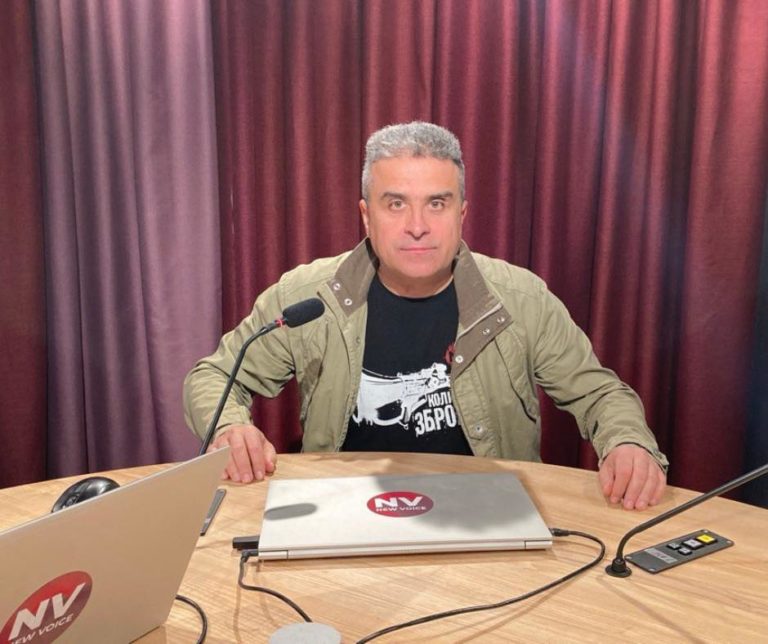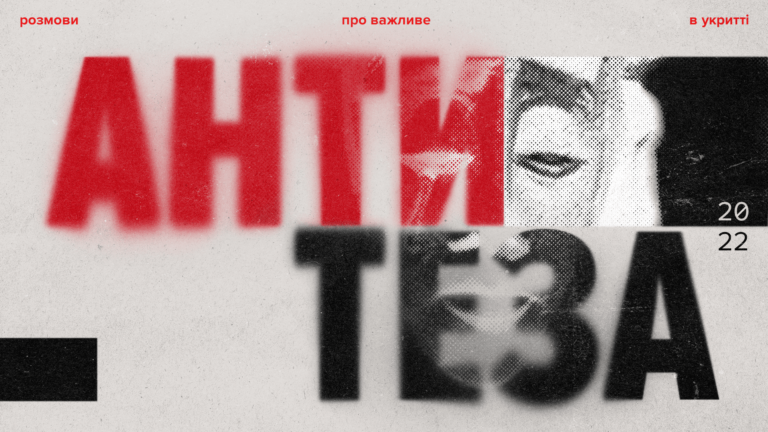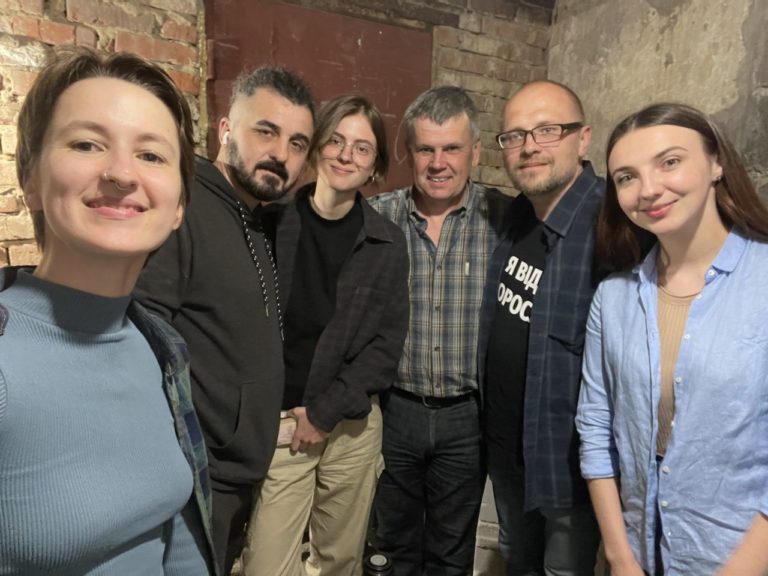Souspilnist Foundation’s video project featured Yevhen Hlibovytsky, the founder of the Pro.mova think tank, strategy expert, and Nestor Group member developing a strategic vision for Ukraine.
We discussed economic and political forecasts, taxes, Western aid, and restoration.
Ivan Tsyperdiuk and Viktoriia Dubinets anchored the event.
We are highlighting key quotes from our conversation in the shelter.
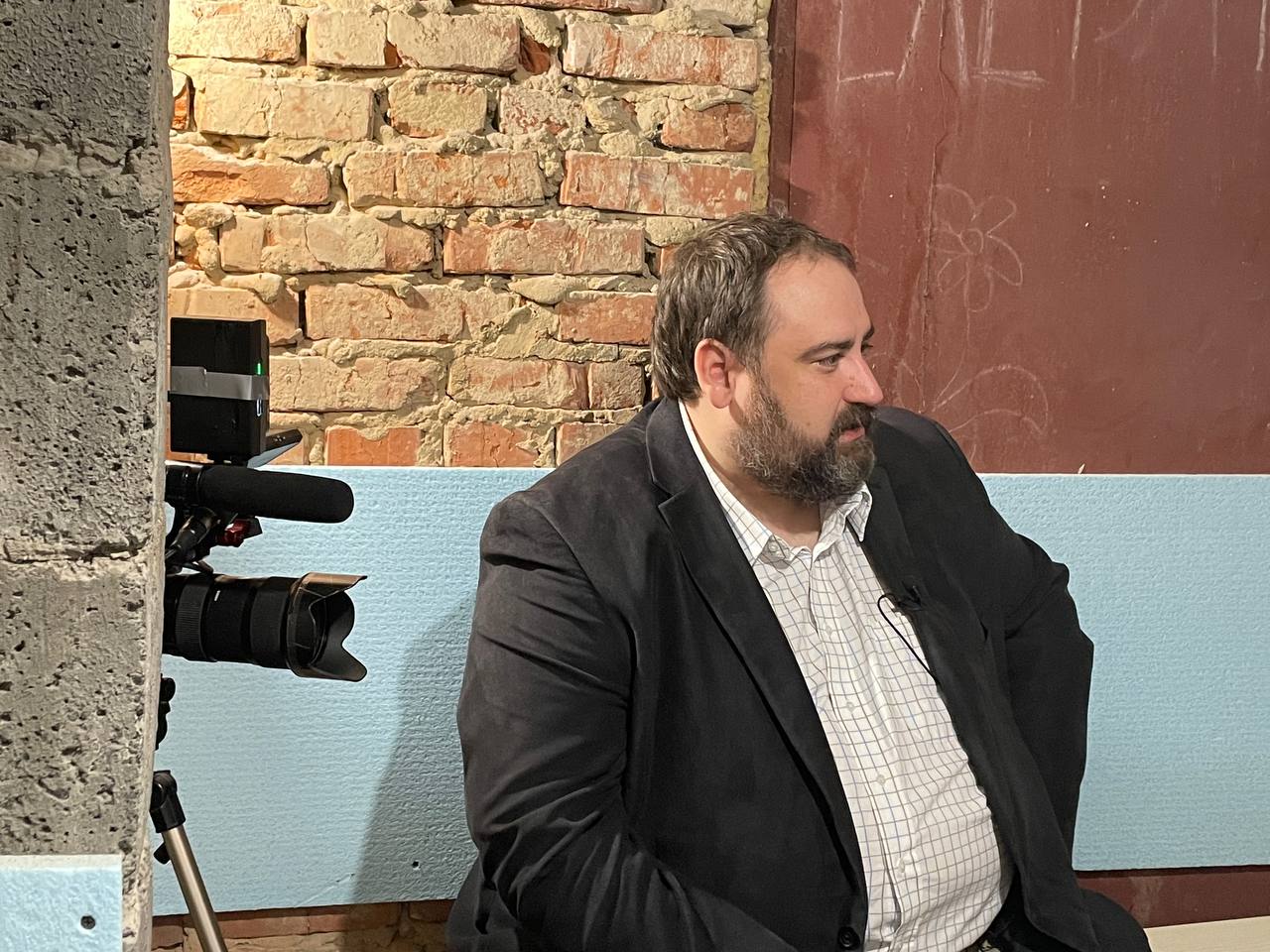
“We haven’t yet come to understand what the end of the war will be like; how it’ll end because Ukraine’s victory does not necessarily mean imperial russia’s defeat. In other words, even if we expel the enemy from our territory, it doesn’t mean it’ll cease to exist as an enemy.
Politically, we find ourselves in a situation where big, new subjectivity’s been born. More Ukrainians feel like people able to make decisions and be responsible for those decisions; who understand what they are doing (or think they understand).
But this same new subjectivity will face what usually happens during wartime: uncertainty so profound, complex, and burdensome that people will seek more confidence about what tomorrow will look like. Here, the political proposition will bring about many authoritarian options. I mean, there are those within the current power structures and the opposition who’d be happy to use the opportunity to get the best from autocracy since it enables them to create a more comfortable zone for themselves. I don’t believe in modernizing autocracy in Ukraine. It seems that any dictatorship in Ukraine would be a step back in our development, not moving forward.”
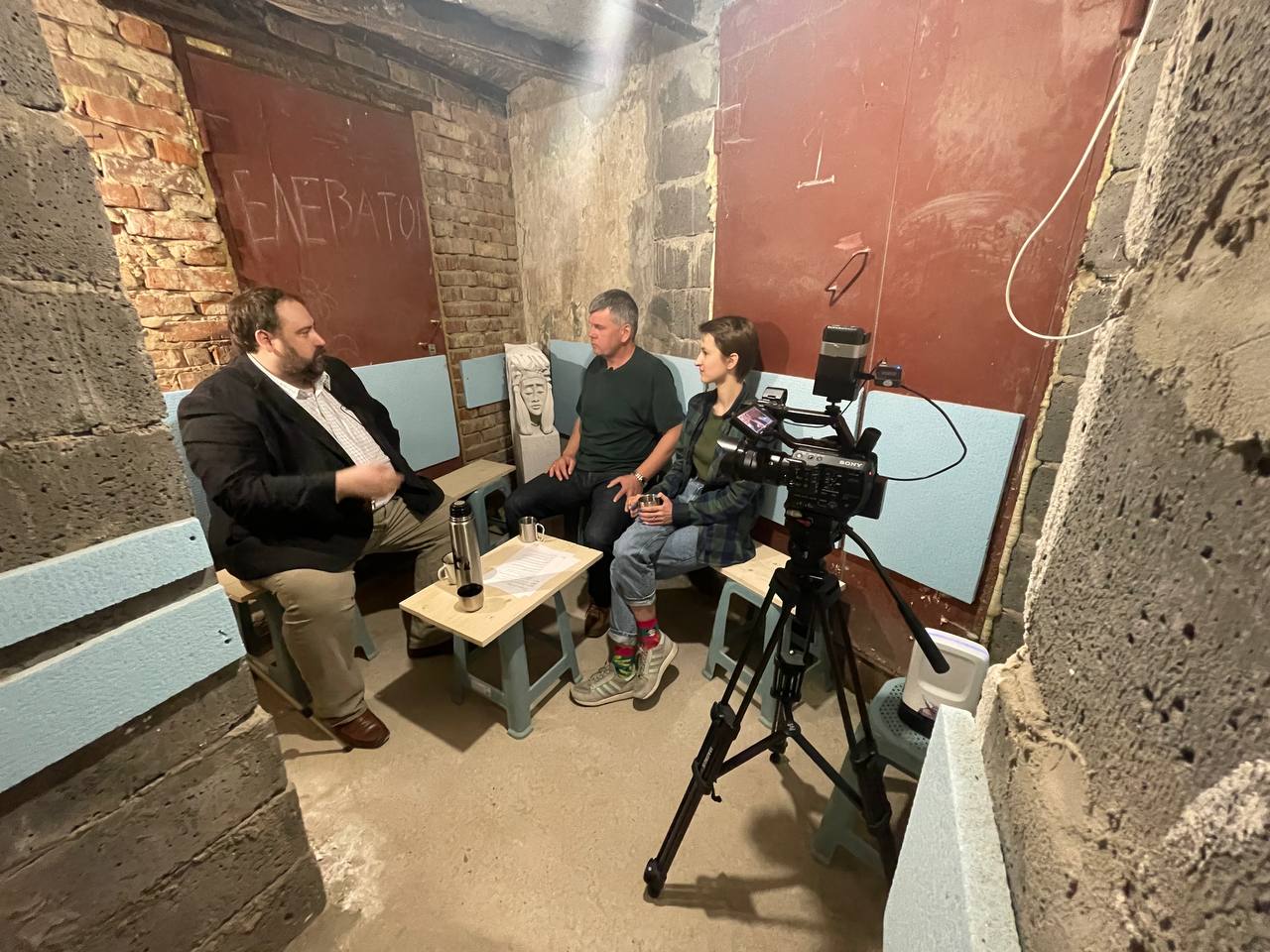
“If we had to face this war ourselves, we likely wouldn’t be able to cope. But we’re facing it in a close enough partnership (complaining about our partners giving us not exactly what we want, not exactly what we need, not exactly when we need it, and not quite to the necessary extent). If we talk about the economy, money is the simplest thing that the EU and the United States can give, and they give it.”
“All Maidans in the country stood for accountability, for citizens being able to control the government. Using the war to make the first steps towards the next autocracy would be the worst political mistake that could destroy and nullify Zelensky’s political capital he gained so hard now.”
“This war reveals our disguised, hidden traits that could not be manifested at first. It’s turned out that Ukrainians are great warriors, entrepreneurs, and very enterprising and capable, creative people.”
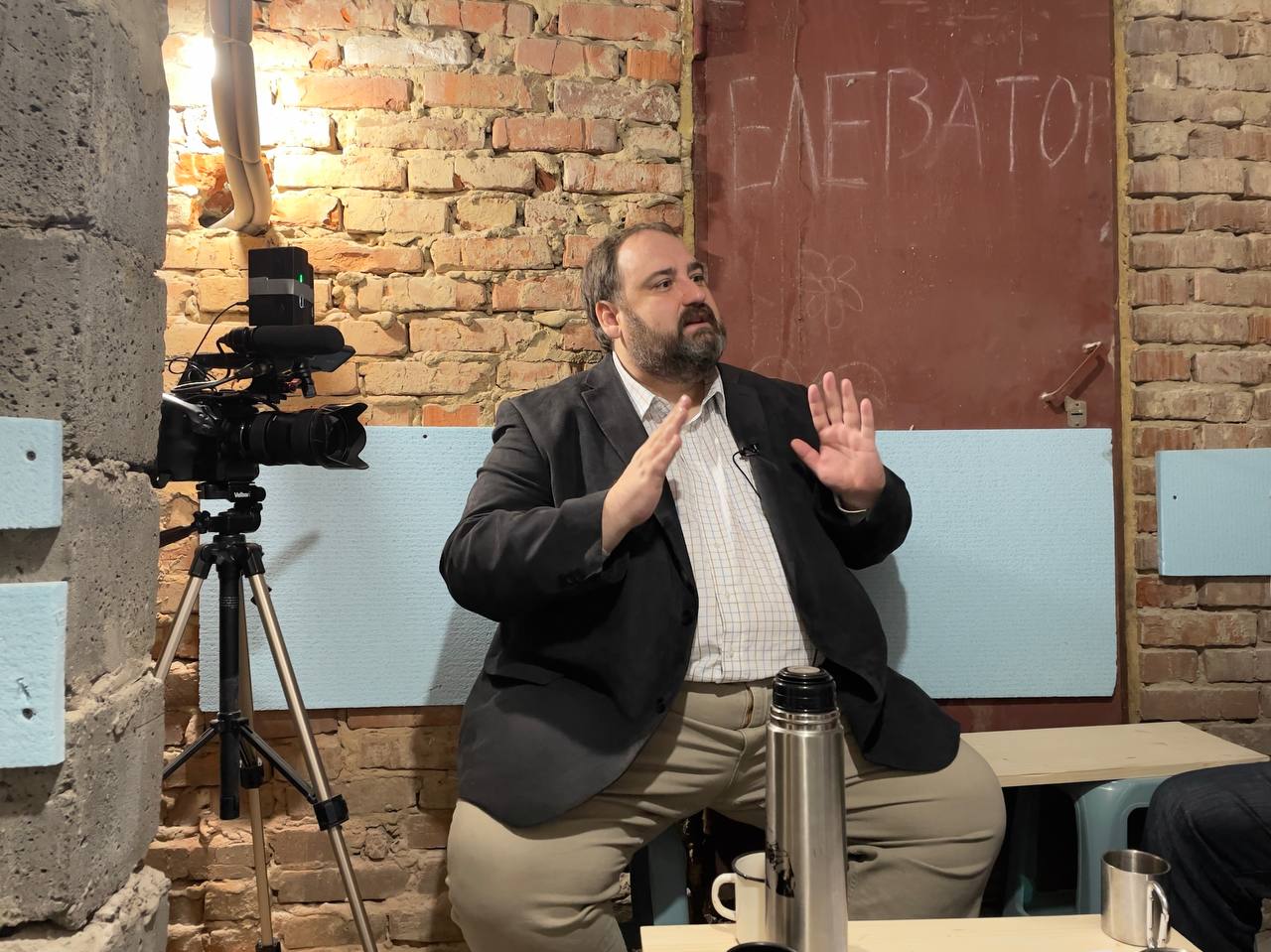
“Russians made a cast of a modern Ukrainian based on what they saw in Crimea in 2014. It seems that it was a very non-representative point for starters. Secondly, it was a point of utter weakness and incapacity. It’s as if we measured a person’s strength while asleep. Now we need to multiply our human capital and borrow other things.”
Our trajectory of joining the European Union would have to be as follows: first, we join NATO, and then we decide about all other memberships. We find ourselves in a situation where the West’s political will has decided to change this configuration. I think they’ll eventually come to realize they made a big mistake. That is, you can’t offer EU membership as an unfinished process of transformation or harmonization between European countries within the EU and those outside of it. Because it’s not only about the Europeanization of Ukraine, it’s also about the Ukrainianization of the EU.”
Many NATO countries’ societies have what I call “security poisoning.” For three or four generations, they’ve had security provided by someone outside. They didn’t even pay the bills because they were also paid mainly from outside. Many NATO members were even proud that they did not meet NATO’s 2% of GDP recommendation.”
When you interact with representatives of European political elites, you realize how different the optics are. When we look at the war and the threat posed by russia, or the threat posed by any superpower with totalitarian capacities (russia, Iran, China), we see one level of threat. However, the German, French, Belgian or some other country’s optics see a completely different threat level.”
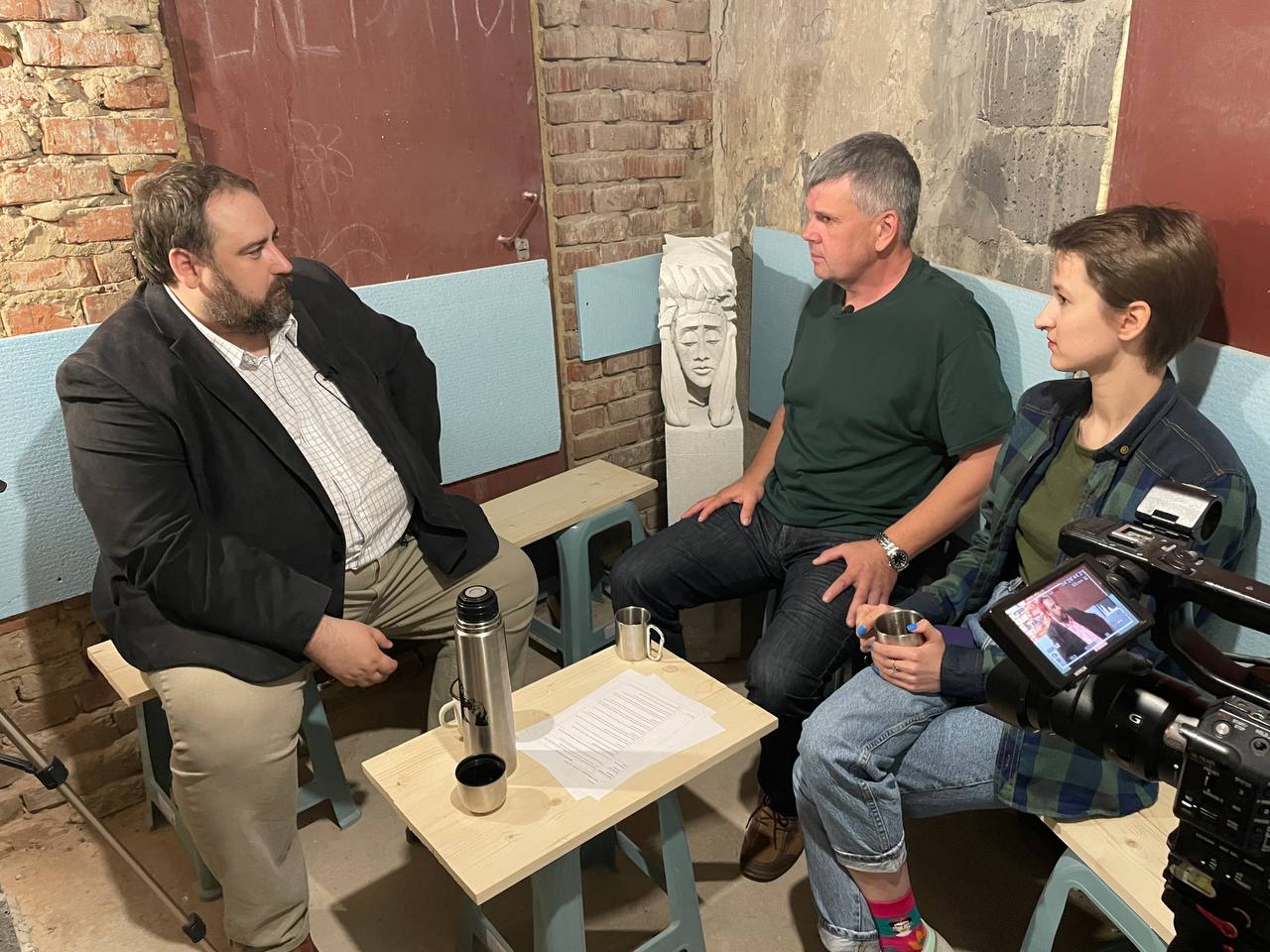
“All Ukrainians wish our children and grandchildren wouldn’t have to be soldiers. I’m afraid that to prevent them from having to fight, they’ll need to learn to be soldiers. And that means that victory is not a point of relaxation. We need to understand, “Aha, now we’ve got this kind of homework to do.”
If we don’t want to see russian tanks on our territory ever again or any other tanks coming here without an invitation, it means we need to change a first, second, fourth, and tenth thing within ourselves – and that isn’t easy. That’s painful because it means that you can’t do what you’ve been doing so far anymore. As Verka Serdiuchka sang it: “Ukraine’s not dead yet if we have fun like this.” That’s the quintessence of irresponsible citizens’ attitudes towards their country. It can’t be like that anymore.”
“Francis Fukuyama jokes that each country is looking for its own way to get to Denmark. It seems to me that we’re finally on our way where victory is not the end but the beginning.
You can watch the broadcast on Souspilnist Foundation’s Facebook page and our partner media platforms: KURS, Reporter, and TRC RAI.
